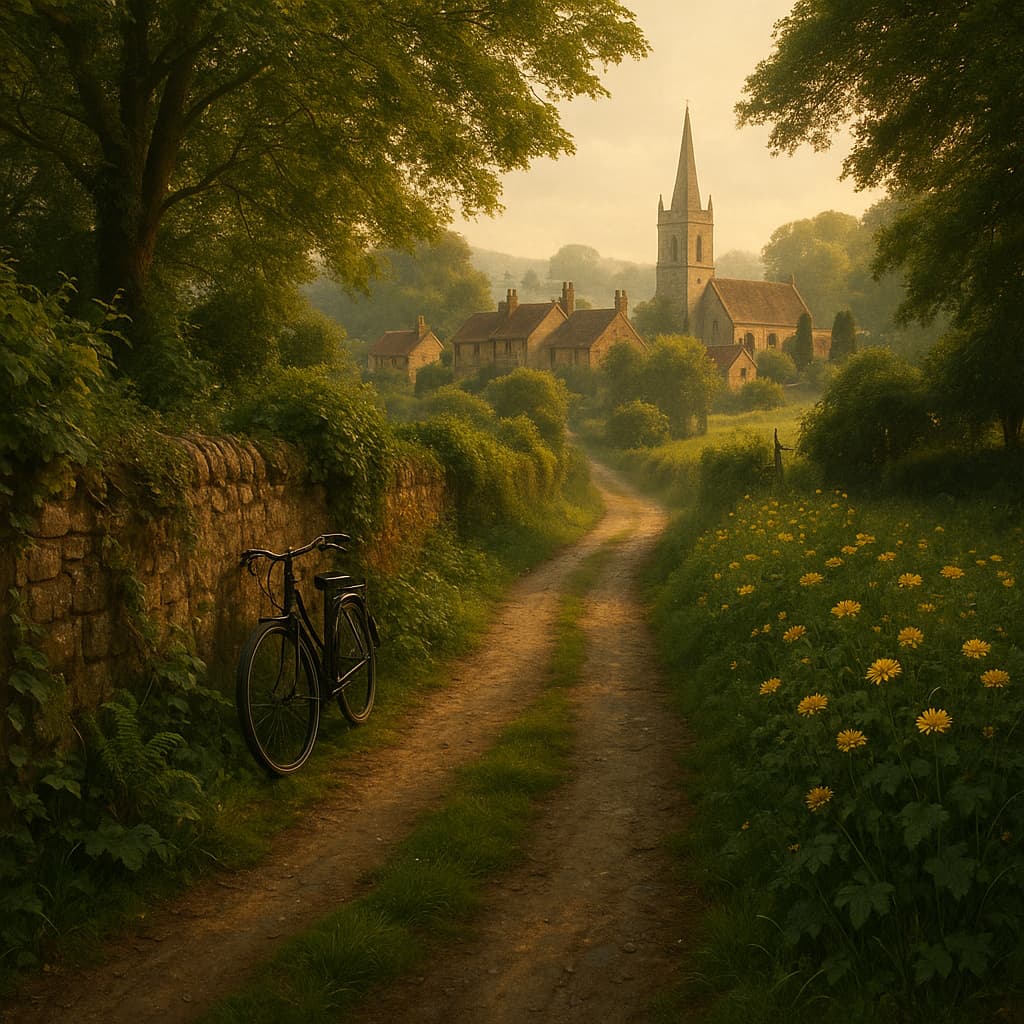Behind the Lace Curtains – Midsomer Murders as a Tale with Two Englishnesses
When people speak of Midsomer Murders, they tend to see it at once: a lane shaded by hawthorn, manor walls half-hidden by wisteria, the brass band on the village green where children run barefoot. Caroline Graham’s Inspector Barnaby stories – the first five forming the bones of the pilot and the early series – draw deliberately on that image. They echo the interwar idea of Englishness, shaped in the quiet years between 1918 and 1939: a countryside that promised escape from soot and noise, a life where tradition was a comfort, not a cage, and the village a small, complete world where each person’s place was known, for better or worse. Graham plants these villages with care: Village fêtes, foxgloves lean into the path… Yet she does not simply offer comfort. Beneath the thatch and teacups runs another current — the sharp, self-reliant spirit of the 1980s. Thatcher’s years praised individual triumph and blamed personal failure. Prosperity was a medal; misfortune, a fault. Private enterprise drove the machine, while ‚community‘ was redefined as what each …

